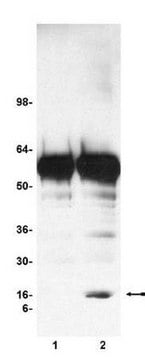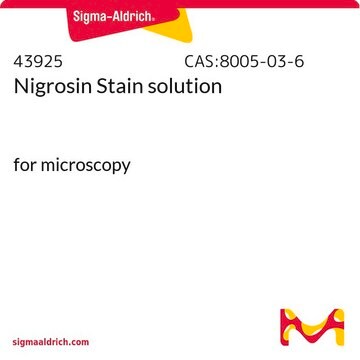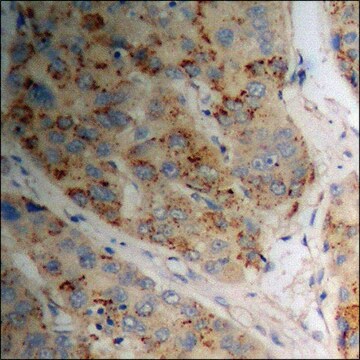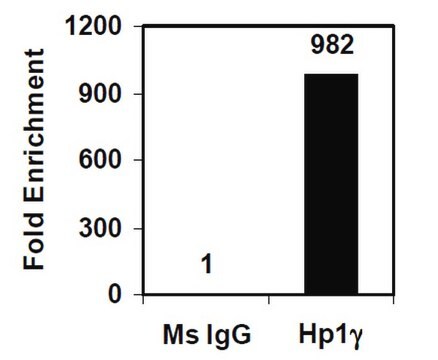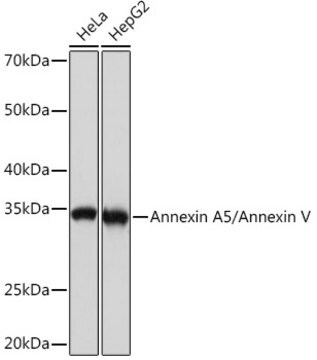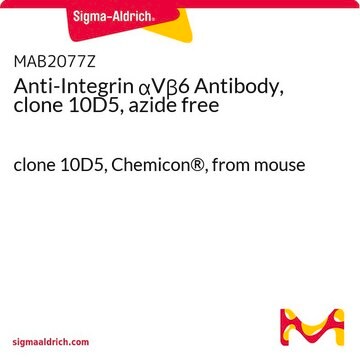407286
Anti-Integrin αv (Ab-1) Mouse mAb (272-17E6)
liquid, clone 272-17E6, Calbiochem®
Synonym(s):
Anti-CD51
About This Item
Recommended Products
biological source
mouse
Quality Level
antibody form
purified antibody
antibody product type
primary antibodies
clone
272-17E6, monoclonal
form
liquid
contains
≤0.1% sodium azide as preservative
species reactivity
human
manufacturer/tradename
Calbiochem®
storage condition
OK to freeze
avoid repeated freeze/thaw cycles
isotype
IgG1
shipped in
wet ice
storage temp.
−20°C
target post-translational modification
unmodified
Gene Information
human ... ITGAV(3685)
General description
Immunogen
Application
ELISA (see application reference)
Flow Cytometry (2.5 µg/ml, see application reference)
Immunoprecipitation (2.5 µg/ml, see application reference)
Packaging
Warning
Physical form
Reconstitution
Other Notes
Hynes, R.O. 1992. Cell69, 11.
Albelda, S.M. and Buck, C.A. 1990. FASEB J.4, 2868.
Buck, C.A. and Horwitz, A.F. 1987. Ann. Rev. Cell Biol.3, 179.
Hynes, R.O. 1987. Cell45, 549.
Legal Information
Not finding the right product?
Try our Product Selector Tool.
Storage Class Code
10 - Combustible liquids
WGK
WGK 1
Flash Point(F)
Not applicable
Flash Point(C)
Not applicable
Regulatory Listings
Regulatory Listings are mainly provided for chemical products. Only limited information can be provided here for non-chemical products. No entry means none of the components are listed. It is the user’s obligation to ensure the safe and legal use of the product.
JAN Code
407286-10MG:
407286-1MG:
407286-UG:
407286-ML:
407286-MG:
407286-100UG:
Certificates of Analysis (COA)
Search for Certificates of Analysis (COA) by entering the products Lot/Batch Number. Lot and Batch Numbers can be found on a product’s label following the words ‘Lot’ or ‘Batch’.
Already Own This Product?
Find documentation for the products that you have recently purchased in the Document Library.
Our team of scientists has experience in all areas of research including Life Science, Material Science, Chemical Synthesis, Chromatography, Analytical and many others.
Contact Technical Service